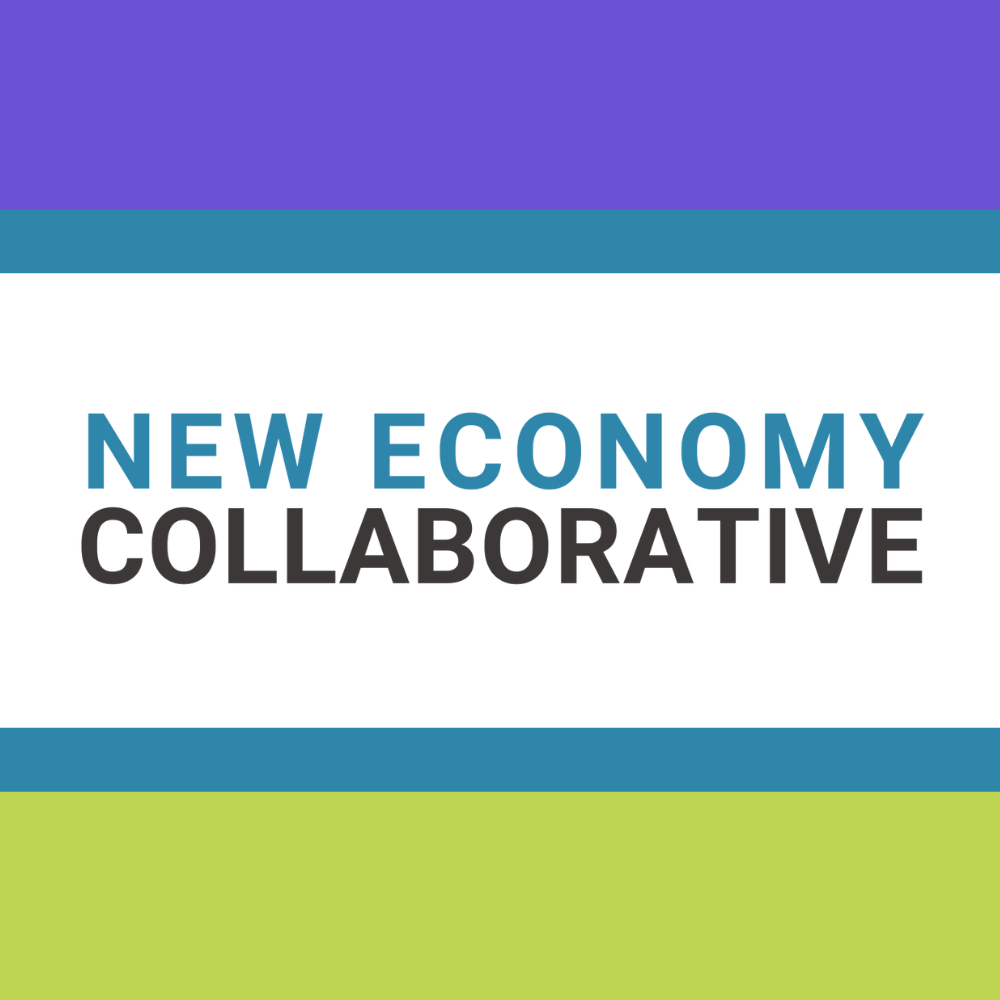
The New Economy Collaborative of Southwestern Pennsylvania announced a $62.7 million Build Back Better grant toward workforce development in Southwestern Pennsylvania. Follow Technical.ly’s coverage of the 11-county project here.
To build a hardware startup, come to Pittsburgh.
Yes, software as a service — and now AI — has long dominated the flashy narrative of nascent companies, but physical tech still reigns in certain markets. Just ask Maximillian Obasiolu, founder of vinyl manufacturing company Lead-In Record Co. It’s the local hardware scene that’s kept him in the area, where he’s building his startup from the ground up.
“The robotics scene here is top tier compared to other cities in the country,” Obasiolu told Technical.ly. “Pittsburgh punches well above its weight class because of the educational institutions here.”
It all started in 2021. Now 26, Obasiolu came to Carnegie Mellon University (CMU) to pursue a dual master’s degree in electrical and computer engineering and engineering technology and innovation management. He stuck around because of the other opportunities.
The Expanded Pathways to Entrepreneurship project, which Obasiolu got into shortly after finishing school, gave him the flexibility and support to build 2024 RealLIST startup Lead-In, which plans to fundraise this fall and launch in Summer 2025.
Since then, he’s moved out of the “CMU bubble” and into the Bloomfield neighborhood as he preps for his startup’s next phase. Of course, the fellowship’s CMU connections have helped, but on top of the partnership with organizations like InnovatePGH and the WITpgh run by Alison Falk, other Pittsburgh tech staples like AlphaLab and the Equity Impact Center run by Leigh Solomon Pugliano also supported early Lead-In.
In this edition of Technical.ly’s How I Got Here series, Obasiolu discusses why he pursued tech, how the fellowship changed his professional path and how activities like running keep him grounded. This Q&A has been edited for length and clarity.
How did your tech journey start?
I studied electrical engineering for undergrad at Washington State University because I knew that I wanted to be at the intersection of hardware and software. I noticed that a lot of systems at the time were already electromechanical in nature, with some kind of software component, and just took a gamble on thinking this would become a more prominent thing.
So after finishing up, it was the pandemic, so I decided to pursue grad school. I ended up getting the GEM fellowship to go to Carnegie Mellon University.
I went out to the Bay Area for my required summer internship and worked at a small hardware startup. I was employee number nine, intern number one, at an electric RV startup, Lightship RV, founded by ex-Tesla, Rivian and Proterra people.
That was a very formative experience for me because I worked in an early-stage hardware startup with great people, now I know I want to found my own.
Tell me more about the workforce program you participated in after college.
It was a 10-month fellowship where you were given access to classes at CMU, which is kind of funny, because I had just graduated from there and had to go back.
The fellowship accelerated my startup by probably a good 18 months, maybe 24.
Maximillian Obasiolu, founder of Lead-In Record Co.
It was really cool because a lot of fellowship opportunities either give you money with no guidance or guidance with no support and this program had both. At the time, I was spinning my startup out because I had just recently graduated, and it was something that I wanted to pursue full-time, but I didn’t have the means economically to support myself during that transitional period.
I had all the resources of being a student, but I didn’t have to hit academic goals, like grades.
How did that program impact your startup journey?
The idea for Lead-In is we’re essentially like a manufacturer and distributor for independent artists to get their records made, and we’re using a robotic process to do that. Our goal is to get record manufacturing times down from six months to one week.
Conventionally, vinyl record manufacturing is a 100-year-old process, and that hasn’t been innovated on, mostly because people didn’t expect the format to come back.
Throughout my final school year, I was doing development on the side. By the time I graduated in May, I was very sure that I was going to work on my startup full-time because of this fellowship.
If I didn’t get the fellowship, I definitely would have moved from Pittsburgh to get a tech job if I decided to keep continuing the startup. The only other option would have been moving, like moving to my uncle’s basement in Boston and trying to grind it out.
The fellowship accelerated my startup by probably a good 18 months, maybe 24.
What’s the biggest challenge you’ve faced in your career?
Taking that leap of faith is very hard. The things that made it easier for me to get started initially were establishing and being integrated into a like-minded and learning how to define opportunity cost.
I was thinking of what the potential upside was versus the potential downside, and a lot of the stuff that I learned, even if my vision of this startup being successful fails, it acts as a transferable skill. They could be plugged into the research and development or innovation sector of a larger company.
I’m thinking about it as an investment in myself.
What do you do outside of work?
I run a lot. I very much treat it as like “me time.” It’s very Socratic in a way where, especially if you don’t run with music, it teaches you how to listen to your body.
No matter how bad of a day I have, if I went on a run that day, I’m able to put a lot of things into perspective.







